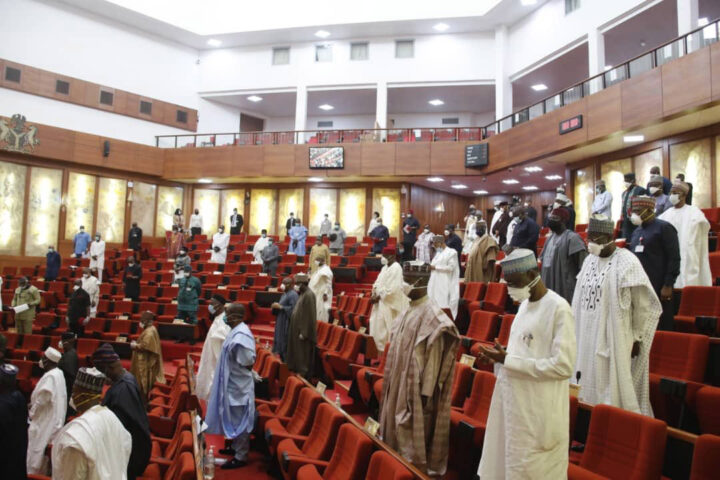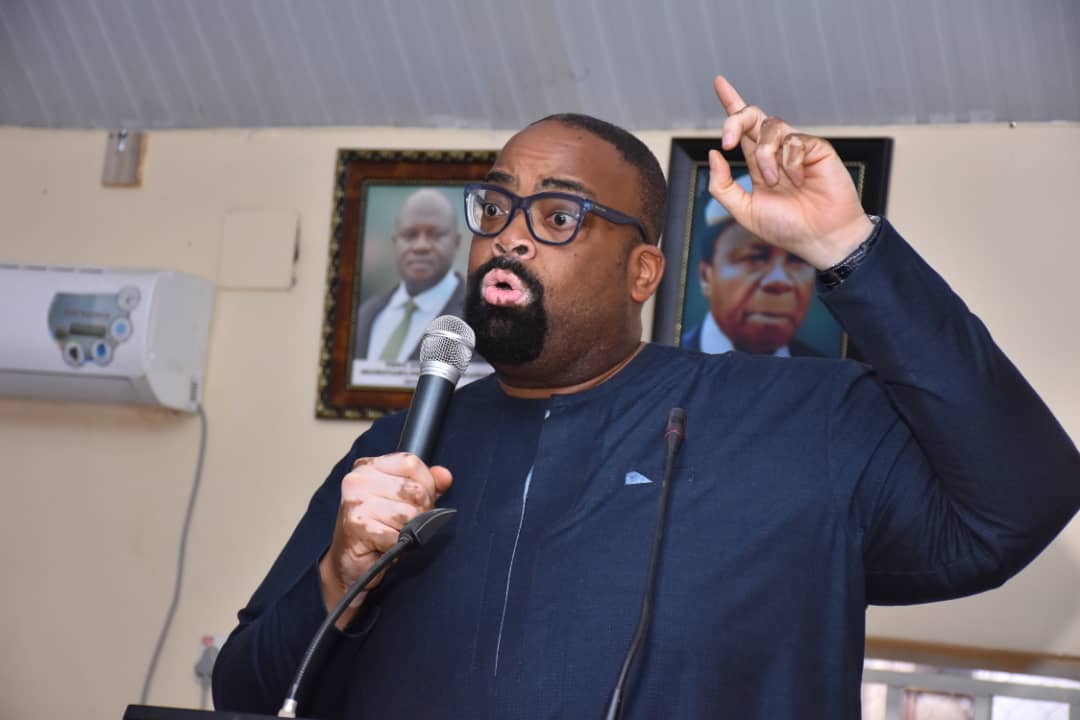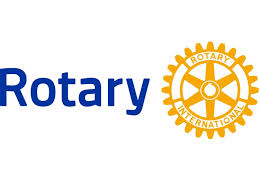The broadcast industry has been in the news lately. First the National Broadcasting Commission (NBC), the regulator of the industry released the 6th Edition of the Nigeria Broadcasting Code which has simmered in cacophonous responses from multi-stakeholder interests in the industry. Then only last week, the regulator got buttoned in the National Assembly where members of the lower house almost stampeded it into effecting a pay-as-you-go model in the pay TV sector.
These are very interesting times and also the season for anomalous patriotism. Those with some kind of power including vested ones are boiling to exert it and the beneficiaries are hidden in a veneer of deceit. Especially the National Assembly members, they have so much power that a friend once told me, once you get into their chambers, even if they want to see the colour of your pants, you have got to take your clothes down. You may call this hyperbole in the extreme but, sometimes, hyperbole is the only word that can conveniently habour our ostentatious manifestations as a people.
Otherwise how do you capture the story of lawmakers who simply told the regulator to go and find ways to effect a new business model for a sector of the broadcast industry? Yet, they had the Broadcast Act before them and they know that with all the powers that the regulator enjoys, including the ones preventing it from being able to complete a broadcast license process, unlike the Nigerian Communications Commission (NCC) which can start a licensing process within the Commission and also end it there, the regulator before them does not have the powers to make price determinations for the industry. At best, it can arbitrate!
However, the lawmakers have the support of the people behind them, those who voted them into power, and can therefore nearly legislate on anything. Chairman of the ad-hoc Committee, Hon Unyime Idem, from Akwa Ibom State reclined on this support earlier in the year when he stated that “As Chairman of this ad-hoc Committee, I want to assure Nigerians that their interest will be protected. When I moved the motion on the floor of the House, I stated that in a business of this nature, the customers should be given the right to choose what they want. We have interacted with Nigerians and what they want is pay-as-you-go, so that when they are out in their respective locations, their subscriptions can be there and they will make use of it when they return.”
Advertisement
As a country with guesstimated statistics, our population is just over 200million (mind you there are no three government officials who will speak at the same forum on population issues that will give you the same figures), out of which nearly 100million live below poverty line. Meaning that the folks in this category are not concerned about TV or even DSTV as they pursue the mandatory one dollar a day to activate their stomach infrastructure. The remaining folks could just be as pressured, pursuing issues that assail their lives. Of the remaining figure I want to be audacious in claiming that the addressable pay TV market will be about 20 per cent.
Supposedly, the figure above should be shared among some of the market operators in Nigeria, which include: Multichoice, owners of DSTV and GOTV, Startimes, DaarSat, ConSaat, Kwese TV and TSTV. But reality doesn’t always support suppositions. Which is why the pay TV subscription uptake in Nigeria might just be less than 5million, with Multichoice enjoying substantial advantage, followed by Startimes while others rank a distant third in jostling for market visibility.
Yet I have seen publications somewhere which ascribe about 11million subscribers to a particular operator with the eye-popping conclusion that such operator earns over N100bn a month. That figure sounds very utopian and well over every market projection. My position here is not about any operator but about market possibilities and industry regulatory practices that can strengthen the broadcast sector. While trying to carry out a dispassionate assessment of the industry in this regard, an esteemed voice within government reasoned that “there seems to be an elite conspiracy against some operators. Some guys are using national sentiments to whip up an elite conspiracy and make the operating field difficult for existing operators.”
Advertisement
This is one thing the National Assembly should not encourage. In as much as members are in the hallowed chambers upon the votes of the people, the people also include those who run businesses in Nigeria. Everybody in the society should enjoy their protection and be encouraged to be more productive. We need to dig in together in order to position ourselves to capture the future. For this reason, we must always look at the flipside of the coin, the other side of the story and work towards redeeming our very sorry situation.
For instance, pay TV earnings globally would peg at $183bn by 2023, according to Statista, a German online platform for statistics. Obviously, this is a very big business pie and countries around the world are struggling to increase their stakes and derivable from the big apple. How do we have more profitable access to this business as a country? Perhaps the answer to this question should caution the National Assembly to create a friendlier platform for fruitful discussions instead of a monologue and a seeming directive to the NBC on how to regulate the industry henceforth. Discussions, a source told me, should be captured within the law; no externalities.
The lawmakers are driving the story of pay-as-you-go for the pay TV industry, meaning that you pay only for the things you watch. The flipside is saying that pay-as-you-go is a telecommunications term which simply measures out airtime as per the size of your pocket. Pay-per-view, the flipside says, is the TV language which is directly opposite pay-as-you-go in terms of cost and affordability. Pay-per-view is synonymous with premium TV programming which also attracts premium payment for high-end programming.
If a cardinal objective of the National Assembly is to get a better deal for pay TV subscribers, an industry voice very close to some operators, told me over the weekend that pay-as-you-go is technically impossible in the immediate. “It is not a part of business model for subscribers or operators. It is not possible to do pay-as-you-go on subscription TV because the business model does not support it. The operator will need new technology configuration to do so, which itself could come with additional cost to the subscribers.”
Advertisement
In order to manage cost for the subscribers, pay TV operators usually develop bouquets targeted at different segments of the market. Such bouquet would usually encourage the subscriber to manage his/her taste according to the size of the pocket. No. In this part of the world our taste is controlled by greed and the unattainable. And when we fail to have our way we start to threaten the operator with our huge population and the size of the country’s market, forgetting that the preponderance of poverty in the land nearly put in deficit those who are outside the ring of the poor.
Where the threat has failed to work, they begin to point to other lands: Sky in the UK has a weekly card; but you have to enter a contract to be qualified and the contract ties you down for a time. Oh, Comcast in the US has Xfinity plans for subscribers. It even comes with a data bundle and all kinds of attractive tie-in. But they know very little about the superstructure Comcast has built over the years, including the acquisition of American Cellular Network in 1988 which has given it a lot of market strength.
The point is that we need a conversation, how we approach the future as a people. The National Assembly may lead the conversation. After all, they have the votes of the people. Since they have chosen the pay TV sector as point of intervention, I actually expect the law makers to carry out an inquisition into factors responsible for the dismal failure of local operators in the pay TV business or why they are unable to start operations at all. We shall remain on the fringe of a huge industry if we continue to play to the gallery as we saw on television last week. The times we are in call for very deliberate action with the future in mind.
Okoh Aihe writes from Abuja.
Advertisement
Views expressed by contributors are strictly personal and not of TheCable.
Add a comment







